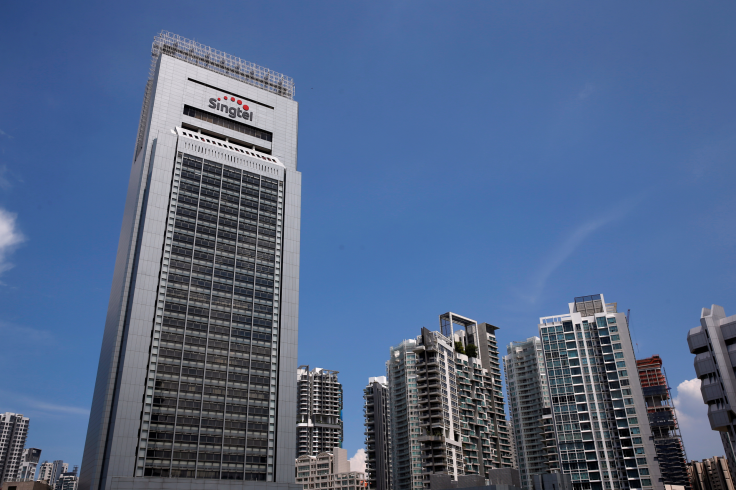Optus successfully secures fund for 114 new mobile sites in regional and rural Australia

Optus announced on Thursday that it has successfully secured a fund to build 114 new mobile sites in the second round of Mobile Black Spots Program of the federal government. The government offered $60 million of funds to improve mobile coverage in regional and rural Australia.
The telecommunications company has secured $26.4 million from the program. It will also co-contribute $36.4 million that will provide dedicated connectivity to thousands of users. The company's bid includes the deployment of 49 satellite small cells and 65 mobile base stations.
The new mobile sites that the telecommunications company will build include 23 sites in WA, 13 sites in NT, 18 sites in NSW, 27 sites in QLD, 2 sites in TAS, 15 sites in SA and 16 sites in VIC.
“Optus is pleased to be working with Federal and State Governments on the delivery of mobile services in regional and remote parts of Australia. We thank all Governments for investing in such a crucial program which together with Optus’ ongoing mobile investment program, will ensure those living in remote and regional areas have access to reliable mobile coverage,” David Epstein, Corporate and Regulatory Affairs vice president, said in a statement.
The company placed significant value on network investment for regional areas. According to Epstein, in the last financial year, the company invested close to $1.6 billion that aimed to strengthen the networks.
It also invested in mobile networks including the Optus 4G network that reached 95.7 percent of the Australian population. It has 5,479 4G mobile sites and 4,400 of the mobile sites have been upgraded to 700 MHz spectrum. It also delivered improved services for New South Wales, Queensland and Australian Capital Territory. Currently, selected locations are using the spectrum including Byron Bay, Coffs Harbour, Port Macquarie, Nowra and Vincentia in New South Wales. Toowoomba in Queensland and Bendigo in Victoria are also using the same spectrum.
The company also partnered with Huawei in testing 5G in the country.
Read more: Optus and Huawei beat Telstra and Vodafone 5G trial in Australia
Optus was absent in the first round of program covering 429 Telstra base stations and 70 Vodafone base stations. Telstra received $94.8m in funding while Vodafone received $15.2m. Vodafone was disappointed at the disproportionate funding allocation as it further entrenched the dominance of Telstra in the regional areas.





















